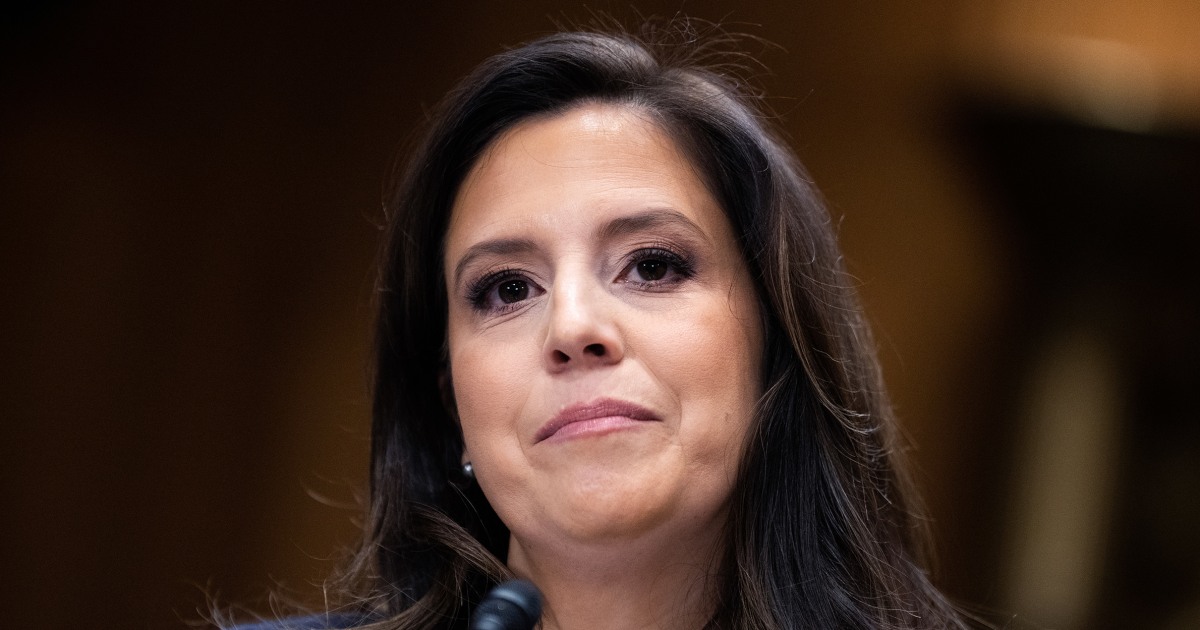Key takeaways:
- President Trump withdrew the nomination of Representative Elise Stefanik for U.S. ambassador to the UN, asking her to continue her work in Congress to support the Republican Party’s narrow majority in the House.
- The decision ends a two-month period of uncertainty for Stefanik, who is known for her loyalty to Trump and rising influence within the party, marking a setback in her career.
- Trump emphasized Stefanik’s importance in Congress for advancing key legislative goals, highlighting her contributions to tax cuts, job creation, and other significant policies, underscoring the strategic need to maintain Republican strength in the legislative branch.
President Donald Trump has decided to withdraw the nomination of Representative Elise Stefanik, a Republican from New York, for the position of U.S. ambassador to the United Nations. This decision was confirmed by President Trump on Thursday, who stated that he has requested Stefanik to continue her work in Congress. The withdrawal comes at a time when the Republican Party is dealing with a narrow majority in the House, which is crucial for advancing the president’s legislative initiatives.
The decision to retract Stefanik’s nomination concludes a period of uncertainty that lasted two months for the congresswoman. Stefanik, known for her loyalty to Trump and her rising influence within the party, faces a setback with this development. The White House communicated the decision to Senate Foreign Relations Committee Chairman Jim Risch, a Republican from Idaho, on Thursday, confirming the withdrawal of Stefanik’s nomination.
President Trump emphasized the importance of Stefanik’s role in Congress, citing her as a key ally in achieving significant legislative goals. He highlighted her contributions to efforts such as tax cuts, job creation, economic growth, border security, and energy policies. The president’s request for Stefanik to remain in Congress underscores the strategic importance of maintaining Republican strength in the legislative branch.
This move reflects the broader challenges faced by the Republican Party as it seeks to maintain its legislative momentum. With a slim majority in the House, every seat holds significant weight in the party’s ability to pass key measures. Stefanik’s continued presence in Congress is seen as vital to supporting the administration’s agenda and ensuring the party’s legislative success.



Be First to Comment